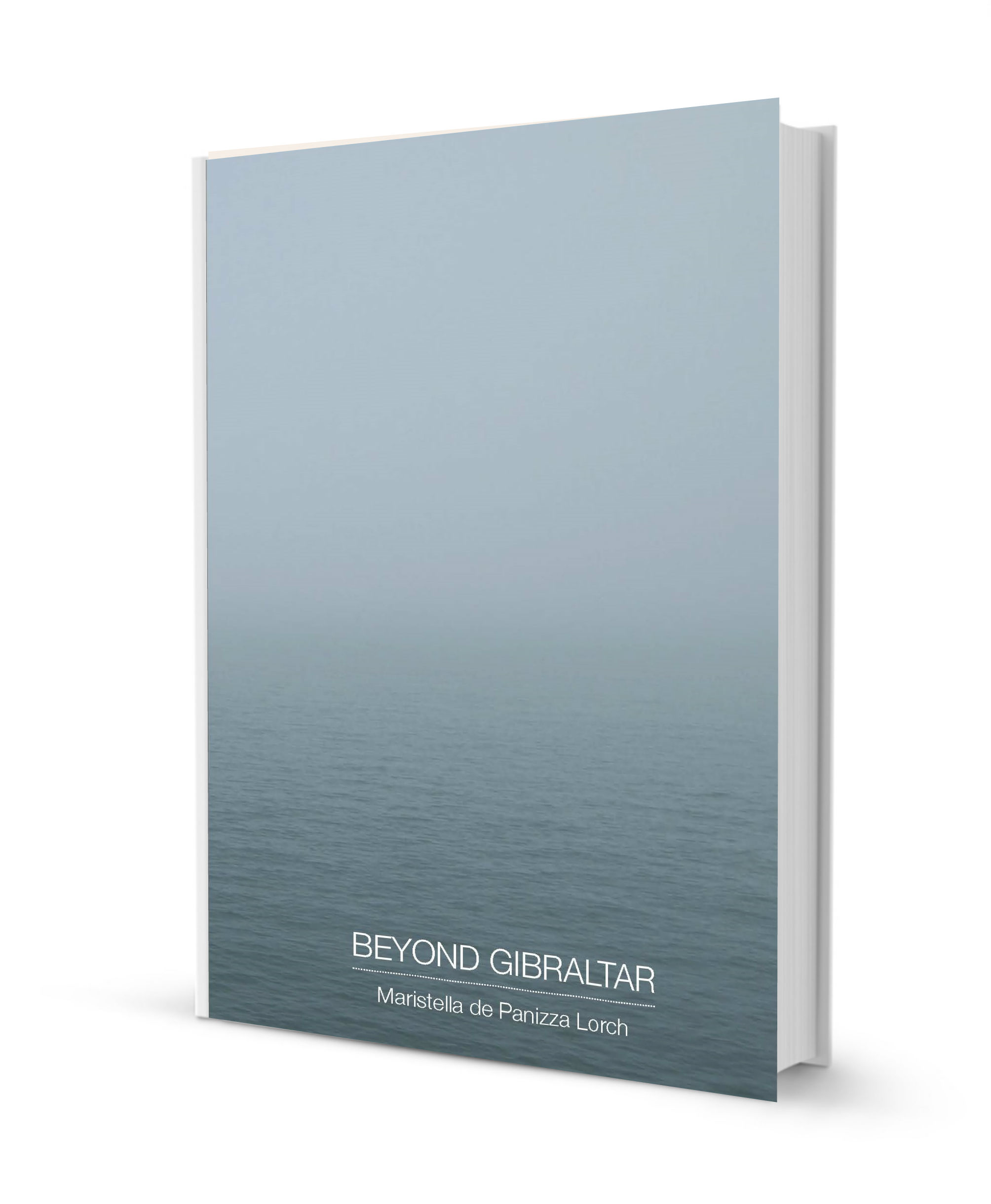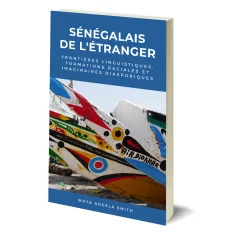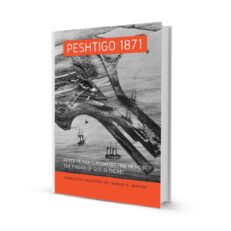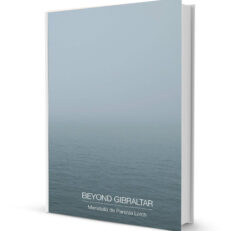The memories of Maristella impose themselves to the attention of the reader, from childhood in the Tyrol, in the second half of the twenties, till her maturity and the beginning of his career at Columbia University in New York, where, at the end of the Second World War, she moved after marrying an American officer. Written masterfully by a straight and privileged observer of momentous events, the narrative is fascinating, in the succession of personal events into the eager and keen understanding of the feelings of all the characters involved. Their personal experiences, which are interwoven with the great history, are never separated from a punctual, careful and realistic chronicle of the related facts. In the fresco painted by Maristella, each episode stands in witness of her tale and, with precious literary memories of time, weather and place, always interwoven in the historical context; it captures the reader attention with the clarity of the psychological analysis. Moreover her critical clear vision of the whole offers more than an opportunity for a re-reading and a reflection on those years crucial for Europe and the whole humanity.
Franco Rocco
Knowing about history is one thing, and living through it is another. Beyond Gibraltar is a fascinating memoir covering the author’s experience of growing up in Italy between two World Wars, living through the rise and collapse of Fascism under Mussolini, and beyond. Trying to pursue the normal life of schooling and to earn a living even while experiencing hunger, bombardment, German occupation and even imprisonment in war-torn Rome, the author fills the pages of her memoir with stories that bring into sharp relief the realities of everyday life for a family coping with constant political and military upheaval. Once Rome is liberated by the Allies, the author falls in love with and marries an American soldier, and like so many immigrants from generations past, moves to America in search of greater freedom and a new life. Again like so many immigrants, the early years of that move prove far more difficult than anticipated by the fantasies of the young bride, and foster a maturing through struggle that lays the foundation for future success. Written by a woman who eventually became a leading intellectual at New York City’s Columbia University, and left her childhood trauma far behind, this memoir is a must-read for anyone wanting to understand the hardship of past wars from the inside.
Ingrid Bacci
Maristella Lorch, who was born in the Alto Adige right after World War I, has written the second vivid book of her trilogy recounting the deep mountain roots of her family in the Alto Adige – the Alpine region that with the stroke of a pen in the 1919 Treaty of Versailles went from being Austrian to Italian – and her own journey to professorship at Columbia University. Maristella’s grandmother and mother, each successively widowed, managed to raise their children despite the privations of hunger, roving soldiers, sickness and politics that threatened life during the three decades spanning World War I and II. Woven through both books is the compelling fabric of family and culture; a passion for education as an essential tool of survival; and stories of insistent love and romance against all odds. Above all, Maristella’s sensory descriptions take you from rural Italian kitchens to remote Alpine valleys to the bombed out streets of Rome, ending with the struggle of making a new life with her GI husband in New York City of the 1950s.
Alex Belida







Avis
Il n’y a pas encore d’avis.